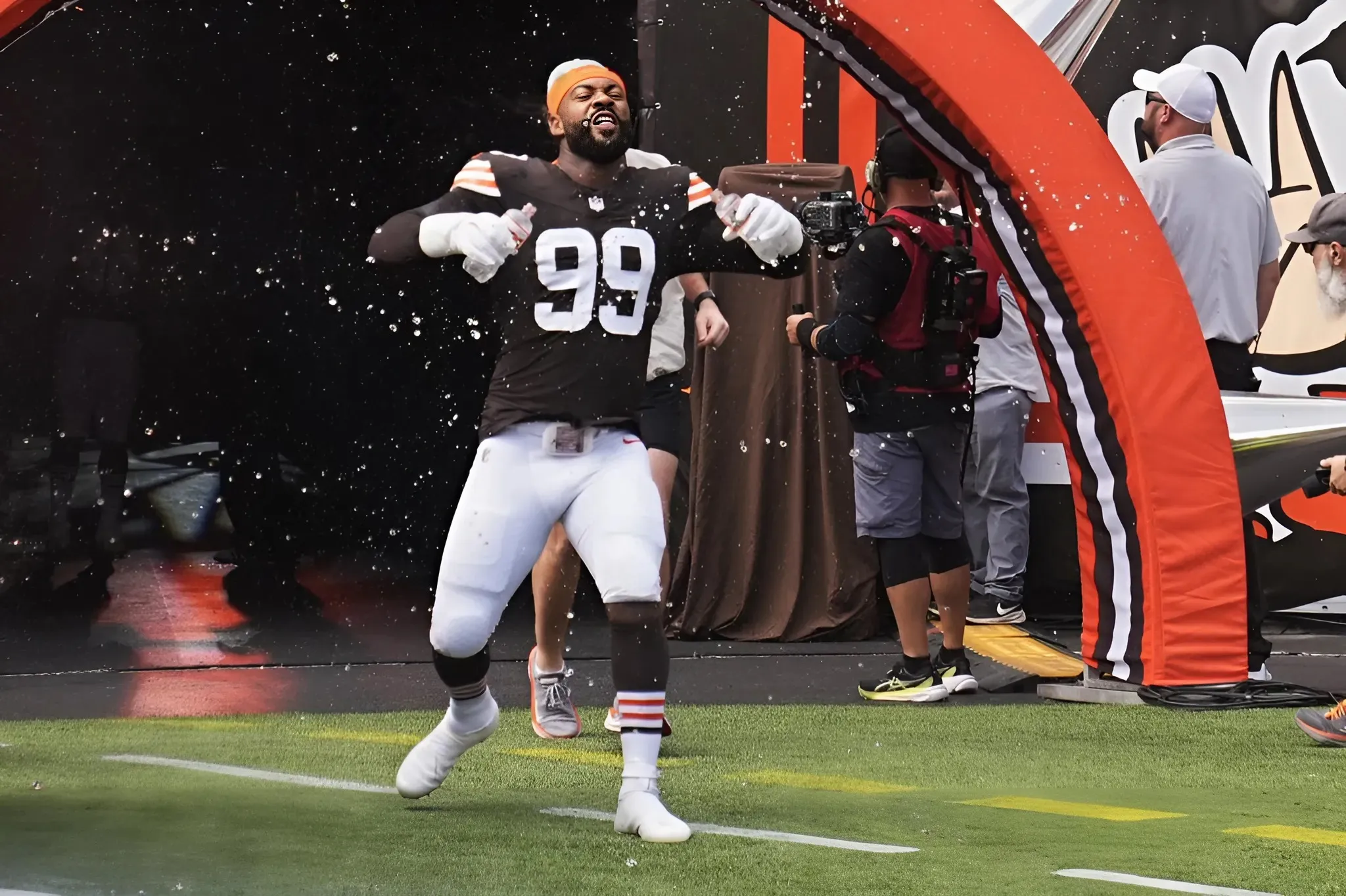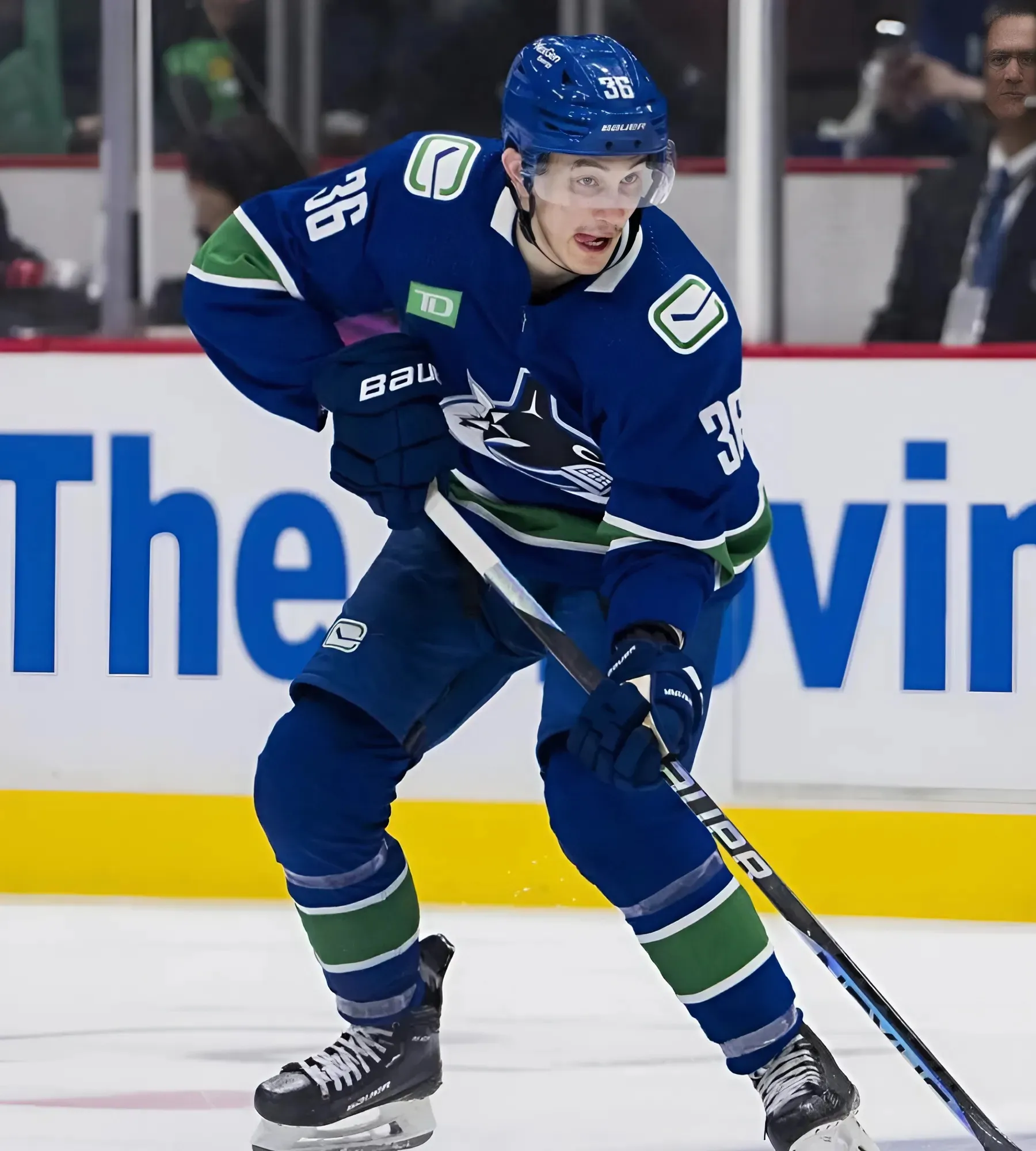The Miami Dolphins lost 30-17 to the narratives (the Packers) on Thanksgiving night, adding to the pile of poor performances in big games for this era of Dolphins football.

The team looked cooked from the start. Jordan Love missed a wide-open touchdown on the Packers’ opening drive, only to have Malik Washington fumble the ensuing punt, setting up the Packers with first and goal.
Green Bay led 24-3 at halftime, as the Dolphins looked frozen and mostly unprepared for their biggest game of the season. The team fought back in the second half, outsourcing Green Bay 14-6, but it was too little too late.
All of this came despite Tua Tagovailoa largely playing well enough. He took a few bad sacks and missed some easy throws in the first half, but he was the only reason this game didn’t get completely out of hand. He finished 37-of-46 for 365 yards and two touchdowns.
The narrative about the Dolphins coming into the game is that they were soft and couldn’t hang in the cold weather. Although I believe football narratives are often gross simplifications of complex issues, the tape from last night backs that one up.
All-22 Takeaways vs. Packers
Where The Offense Looked Soft
For a fourth straight game, Miami’s running game was nowhere to be found on Thursday night. Since the team’s Week 9 loss to the Buffalo Bills, the running game has averaged 63.25 yards per game, and it had just 39 yards on 14 attempts against the Packers.
The Dolphins finished with -0.47 EPA per play on rushes last night. It was -0.38 on early downs and -1.03 on late downs (this is a super small sample, but still). Overall, the team’s 39 yards were the second-fewest since the team’s 2022 loss to the 49ers.
To be fair to the Dolphins, a lot of last night’s running game struggles were game-script-dependent. Miami fell behind by two scores almost instantly, making running the ball a dangerous proposition. The Dolphins ran the ball just 14 times, and two of those were Tua scrambles.
However, the Dolphins are supposed to be a good running team. Heck, Mike McDaniel is a former running game coordinator, after all. To McDaniel’s credit, the Dolphins’ run scheme is good, but running the ball is about physicality, and the Dolphins don’t have that.
Nothing shows this more than the goal-to-go situation Miami faced halfway through the fourth quarter. They had first and goal at the 9, which was an 8-yard De’Von Achane run — one of their best runs of the night.
On second and goal, they ran the play you see above, and it was blown up because Kendall Lamm gets stacked and shed way too easily. It’s a stretch concept with FB Alec Ingold leading the way.
Ingold’s block isn’t great, but it’s good enough, and Smythe (#81) does a great job sealing his man inside. With a competent block by Lamm, this is a touchdown, making the game 27-18 with a PAT or 27-19 with a 2-point conversion.
Instead, the Dolphins ran two straight pass plays from the 1-yard line, resulting in an incompletion and a sack.
Here’s another rep where Miami just isn’t physical enough. This run has split-zone action with Ingold coming across the line to block the end man while Robert Jones and Terron Armstead double team and climb.
What happens? Brewer gets stacked by Kenny Clark at center, Ingold misses his block coming across the formation, and nobody makes it to the second level. This results in the linebackers getting a free run at Achane, making for an easy stop.
The Dolphins OL was getting killed on traditional concepts, so why not run some fancy stuff? Miami has a lot of speed, after all. This rep is a cool design. Tyreek Hill motions into the backfield, and they fake what looks like a midline-option read to get defenders upfield before pitching it to Mostert on the reverse.
The key blocks to watch are Brewer, Jones, and Jaylen Waddle. Brewer sprints into space to take Quay Walker (#7) but falls without making contact. Jones isn’t athletic enough to block Evan Williams (#33), and Waddle doesn’t hold his block on Javon Bullard (#20).
The result is a run for messily 1-yard.
You can scheme whatever cool concepts you want, but when nobody can win a 1-on-1 battle or execute in space, it won’t work. The Dolphins’ offensive line has been average this season, but the limitations they have in the running game against physical teams are clear.
This is especially true when the team’s best run-blocking lineman, Austin Jackson, is out for the season. Jackson is the only lineman on the team who can fire off the line and generate displacement against bigger players consistently.
Where The Defense Looked Soft
Miami’s defensive struggles from last night’s game all came down to tackling. The Dolphins missed 20 tackles against the Packers, allowing them to gain a ton of extra yards on the ground and through the air.
The Packers finished with 174 yards after the catch last night, which is their highest mark of the season. Jordan Love finished with 274 total passing yards, meaning he only threw for 100 pure passing yards last night.
It was a comical effort from the Dolphins defense, mostly at the second and third level.
This play is probably the best encapsulation of what happened to the Dolphins defense. They force Love into a checkdown to Josh Jacobs and have a defender (Jordyn Brooks) right in the vicinity.
Brooks dives at Jacobs’ feet and misses, Tyrel Dodson takes a horrible angle and gets faked into oblivion, Elijah Campbell makes a diving attempt downfield and whiffs, and finally, Jacobs finishes the run by running through a Jordan Poyer tackle attempt.
Almost everyone on the defense had at least one missed tackle last night, including players who are usually good in that area, like Jalen Ramsey.
Ramsey missed a few tackles on Tucker Kraft last night, including this one, which turned a 9-yard gain into an explosive. Ramsey makes a bad attempt to wrap up and doesn’t drive his feet through contact, allowing Kraft to go right through him.
Miami actually tackled better against the run, but it still allowed a few explosives. Emmanual Ogbah has former Dolphin Chris Brooks wrapped up after roughly a 4-yard gain but can’t bring him down.
Then, Jevon Holland makes a half-hearted attempt downfield that Brooks runs right through for another five yards.
The Dolphins weren’t out-schemed or even out-talented (that’s not a word, but you know what I mean). They just got beaten up. Plain and simple.
What Does This Mean?
As I mentioned at the top, football narratives are often gross simplifications of complex issues. It is easy to say the Dolphins can’t win in the cold because they aren’t tough enough.
It requires zero understanding of what is truly happening on the football field and all of the dominos that must fall for that to be the case. And you could do that for last night’s game.
You could point to injuries on defense or a bad game script on offense. You could levy blame on special teams for a muffed punt or take aim at all the penalties. Look, those things are certainly part of the puzzle.
But the film — more than ever — backs up the cold, hard truth. Miami is soft on both sides of the ball. There’s no movement in the running game, and it can’t tackle on defense.
It’s not a new issue for the Dolphins under McDaniel, either. They’ve been out-physicaled by just about every good team they’ve played since 2022. ESPN’s Benjamin Solak Tweeted that if the current standings hold, the Dolphins will be 3-14 against future playoff teams under McDaniel.
There’s no backup quarterback excuse because they’re 3-9 in those games with Tua under center. Tagovailoa wasn’t the problem on Thursday, but this isn’t about one game. It’s about a trend that has remained consistent for 3-ish years.
It’s less about individual plays or performances and more about how this team is built.
On offense, they have too many redundant skill sets. Every receiver and running back are small, speed archetypes with zero ability to win extra yards. Outside of Austin Jackson (who is on IR), the entire offense line is filled with lighter players who are great in space but don’t create push.
The Detroit Lions have Sonic and Knuckles in the backfield, while the Dolphins have Sonic and Sonic. That looks great on paper, but it makes them unable to adapt to different game scripts in practice.
Defensively, the problem is less about redundant skill sets and more about poor player acquisition. Jordan Poyer, David Long (so bad he was cut), and Cam Smith have been brutal this season), and Long’s replacement, Dodson, was terrible against Green Bay.
As much as I’d like to blame all of this on bad luck, the Dolphins’ stubbornness made them who they are.
The narrative following the team’s playoff loss to Kansas City was that they were a diminutive, soft team that couldn’t win in cold weather games against good teams.
What did they do to remedy that in the offseason? Double down on more small receivers, make zero upgrades at guard, and sign several past their prime veterans on defense.
I understand Miami couldn’t match what Robert Hunt and Christian Wilkins got in free agency, but they were two players with an actual edge to their game — something Miami needed more of, not less.
This doesn’t even get into the backup quarterback debacle, another area where the team’s poor self-scouting and stubbornness robbed them of winnable games.
The narratives about the Dolphins are true. They’ve been true; the team knows what they are, and there is a path to address them. Finding guards who can run block and safeties who can tackle isn’t that difficult.
The question with Miami is whether it’ll realize change is needed.



